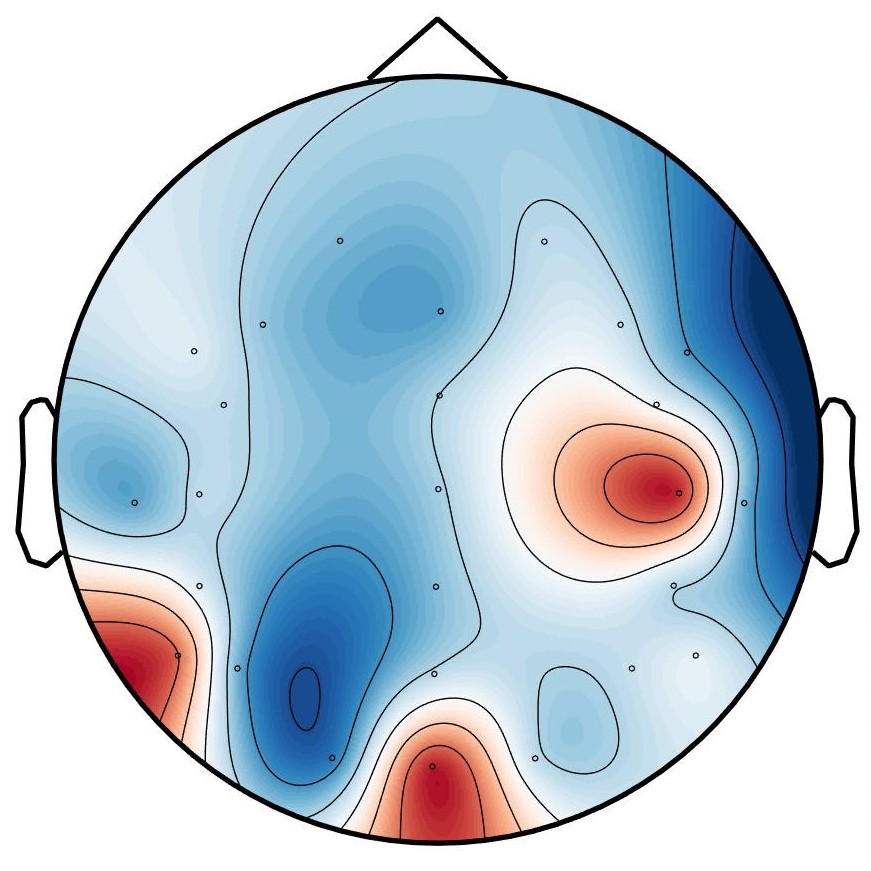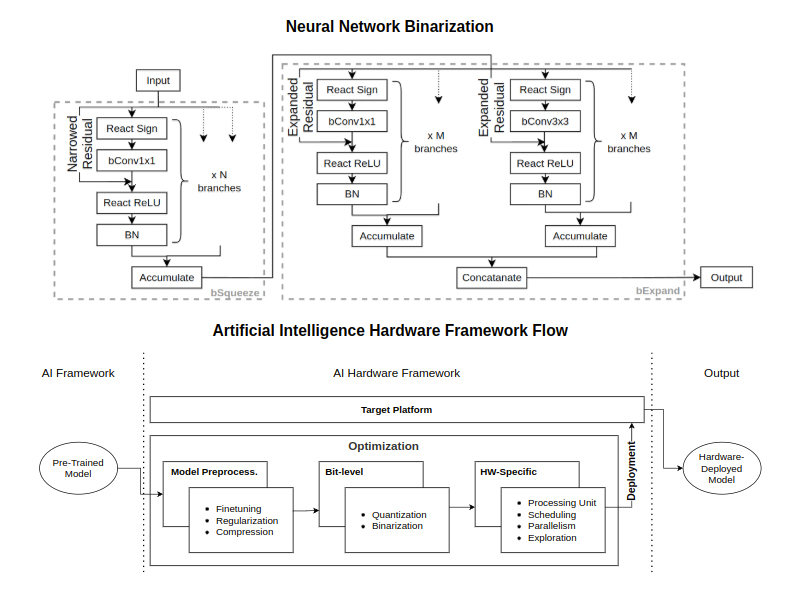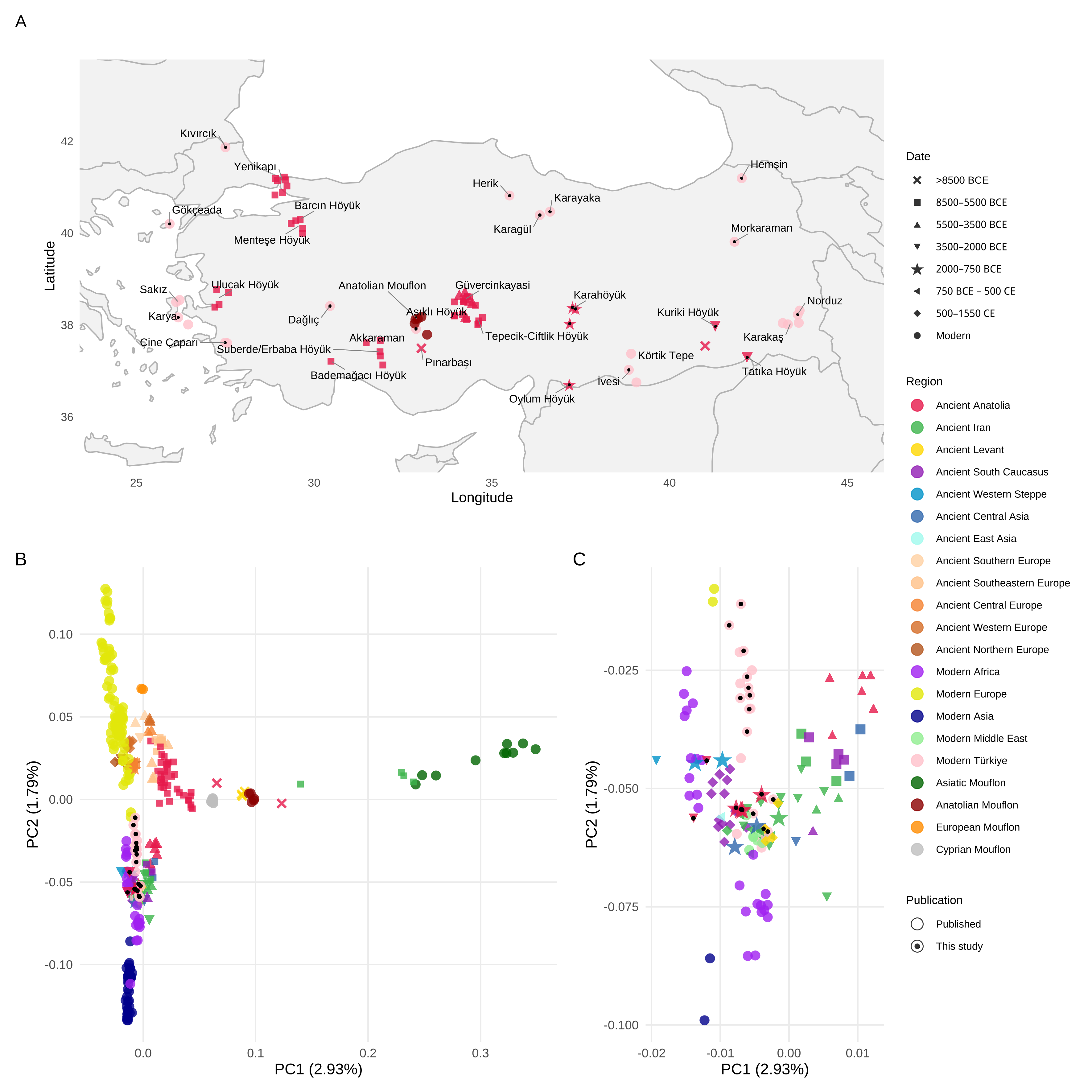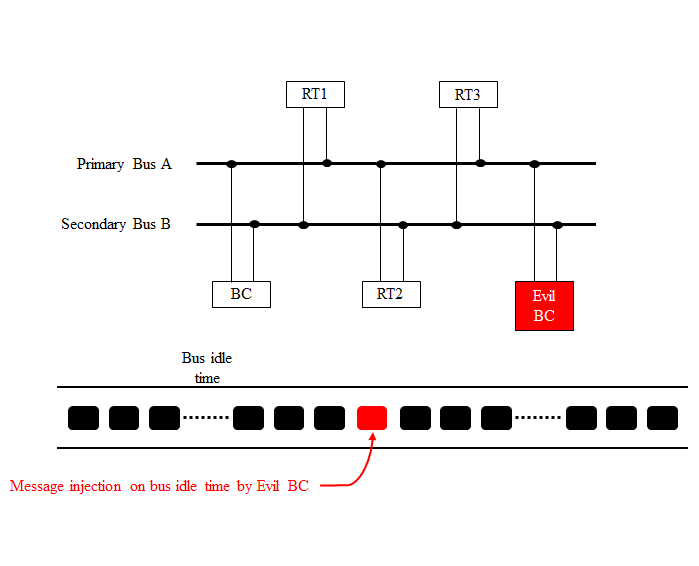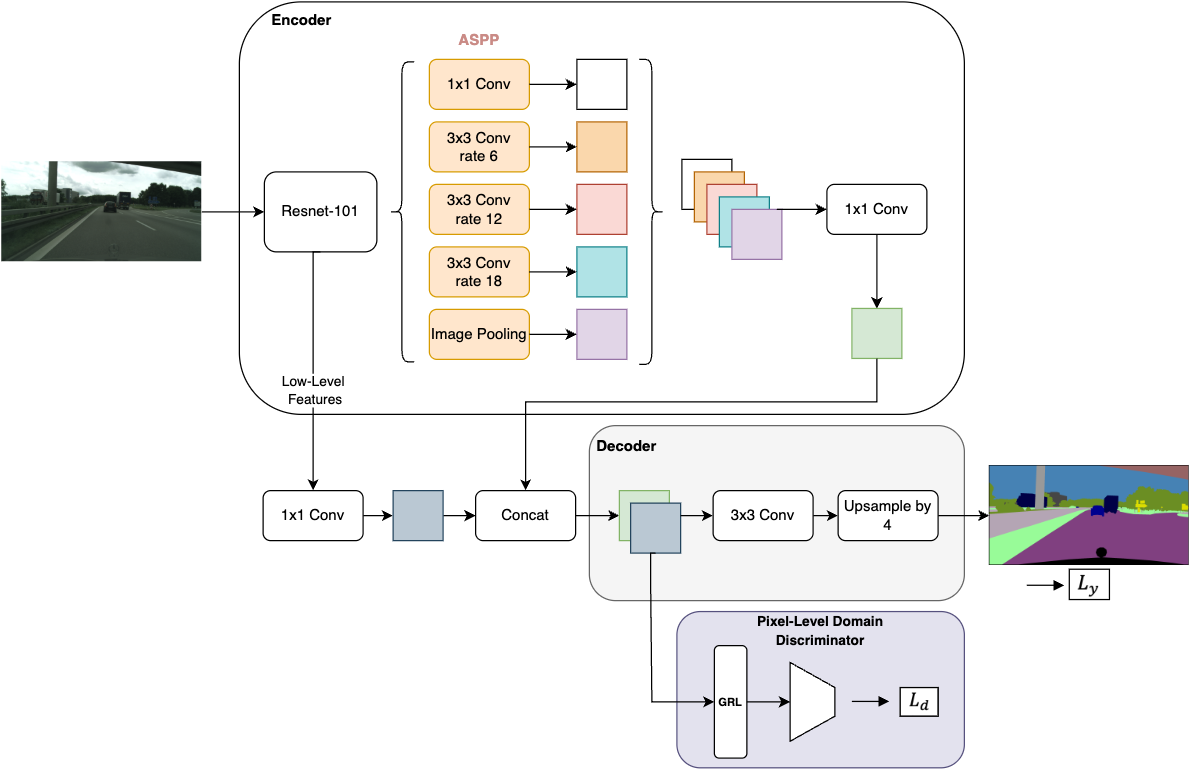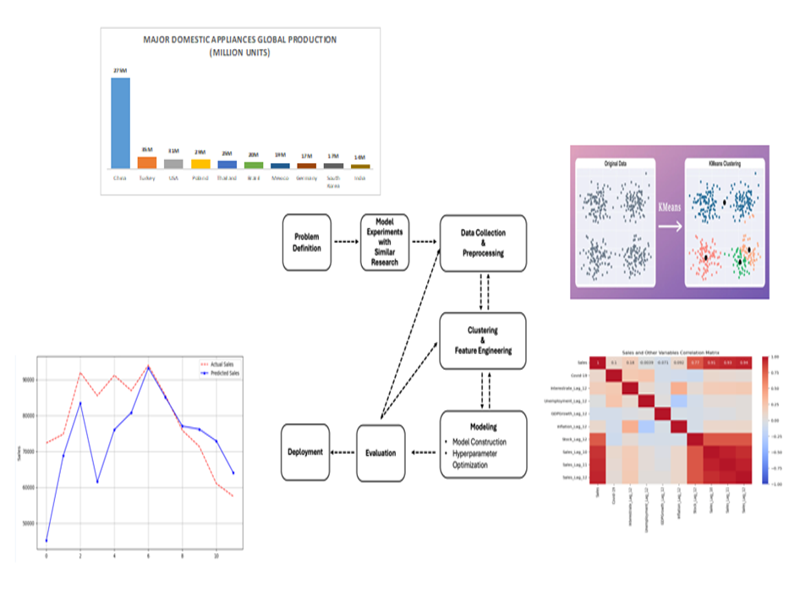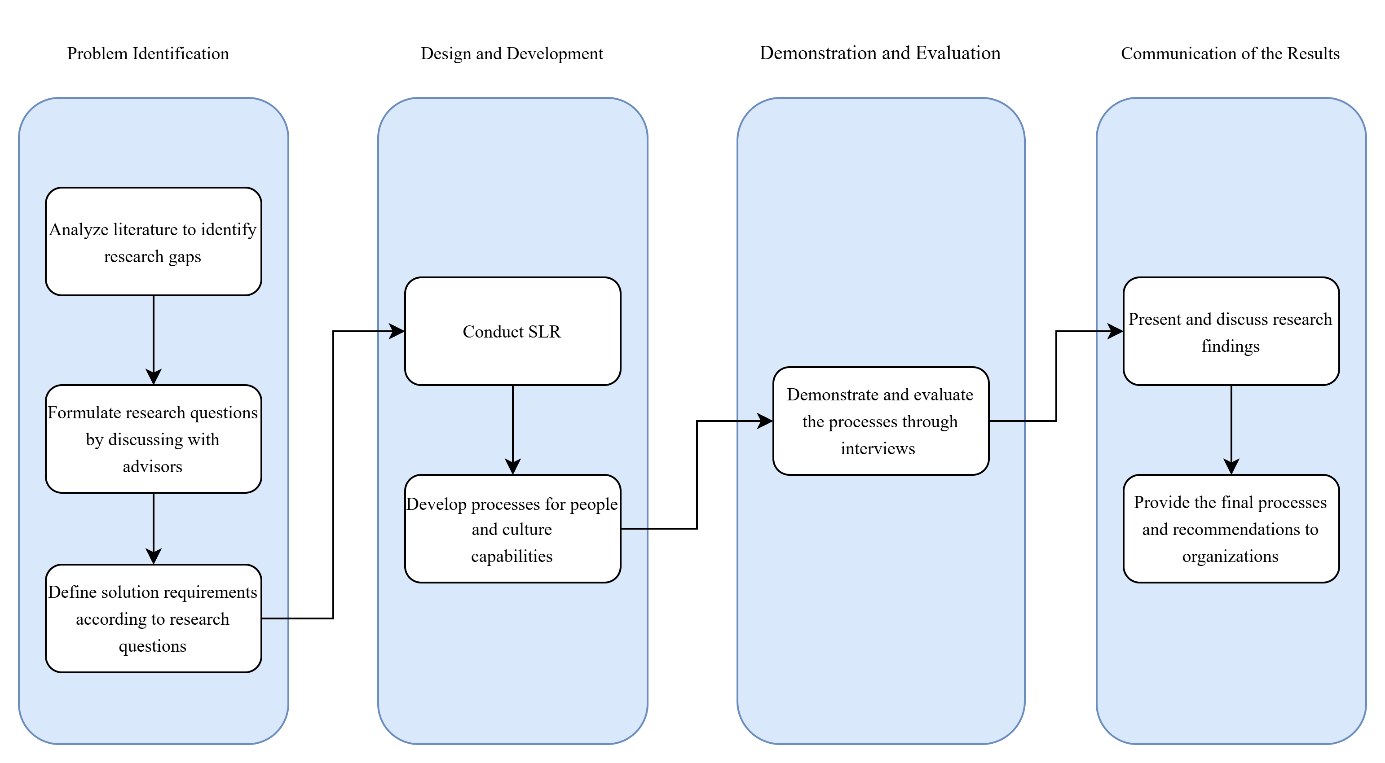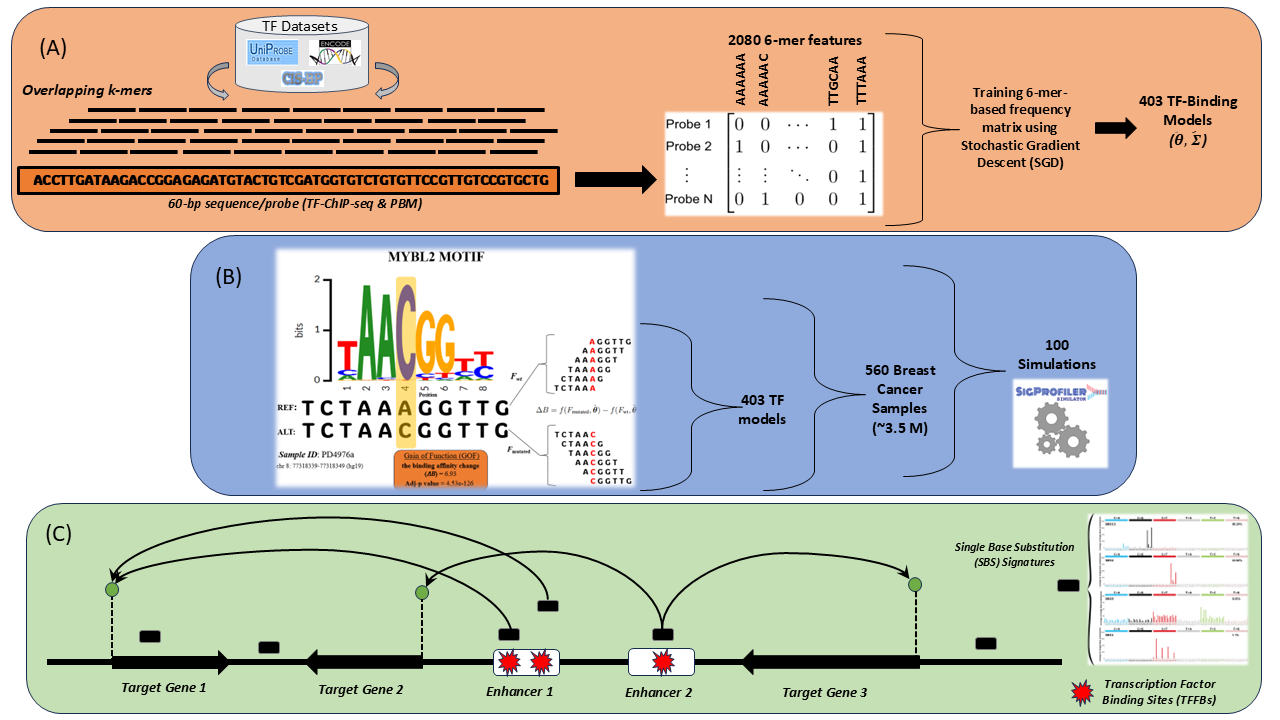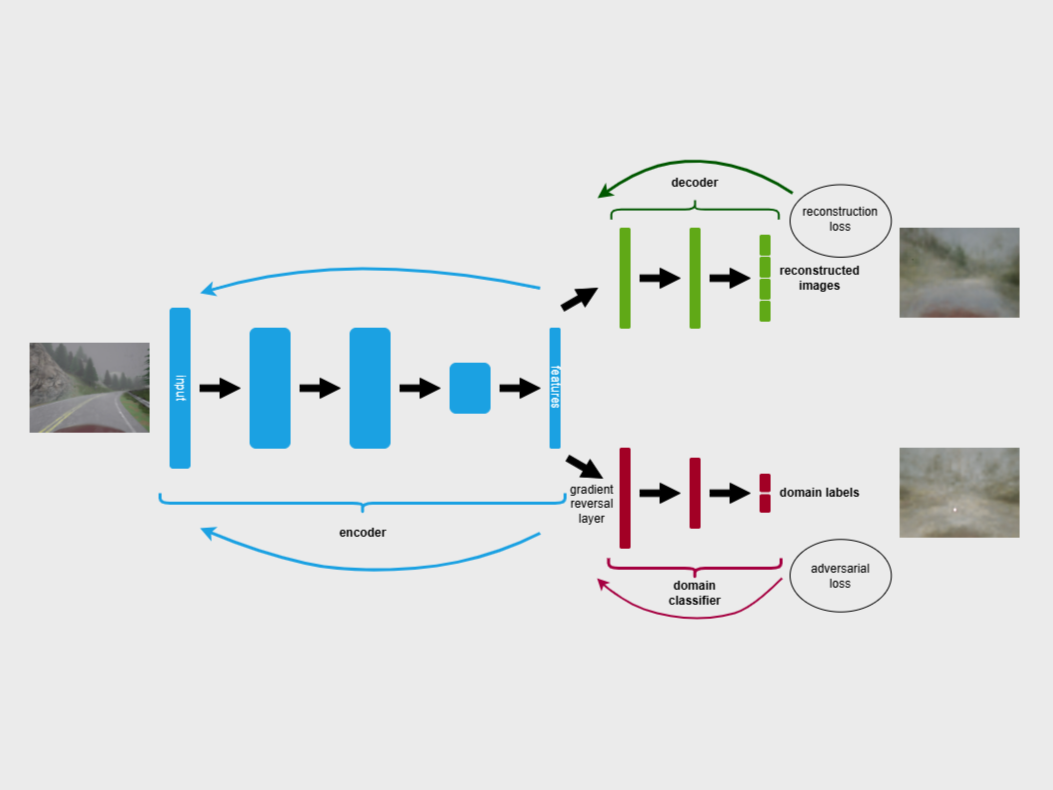Eris İnal, Hatched EEG: Exploring PSD and MCL Based Differentiation of ADHD and MDD Using Multilayer Perceptrons
This thesis investigates the potential of EEG-based features to distinguish between Attention Deficit Hyperactivity Disorder (ADHD) and Major Depressive Disorder (MDD), two conditions that often share overlapping symptoms and neurophysiological characteristics. Focusing on power spectral density (PSD) across frequency bands and mean curve length (MCL) as a complexity measure, the study applies multilayer perceptron (MLP) classifiers to a clinically diverse sample under both eyes open and eyes closed resting state conditions.
Date: 16.07.2025 / 14:00 Place: A-212
